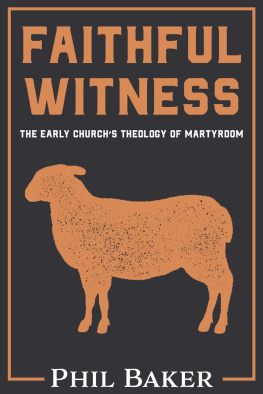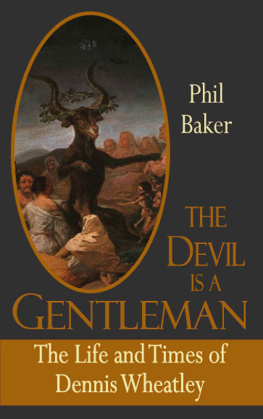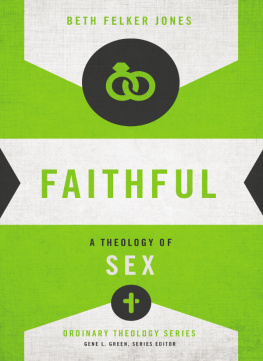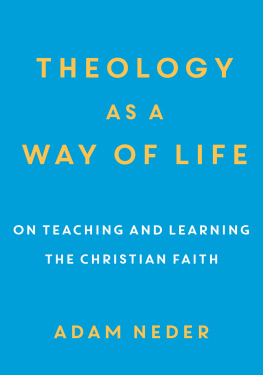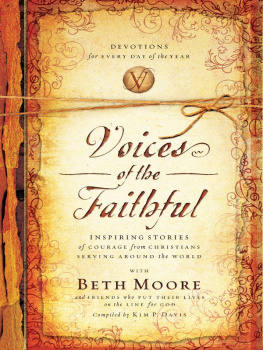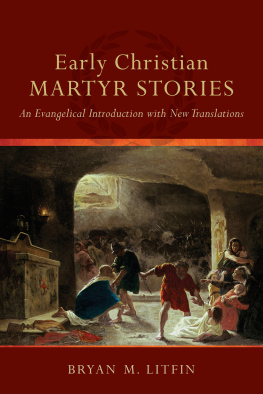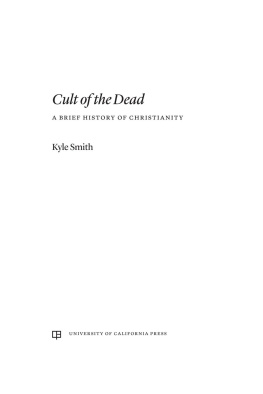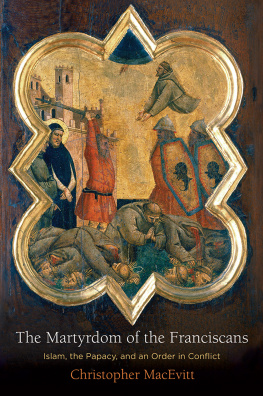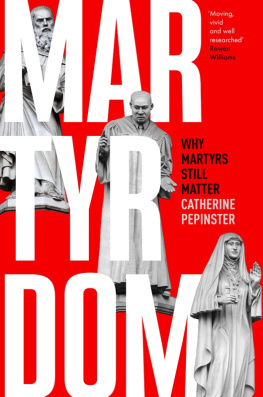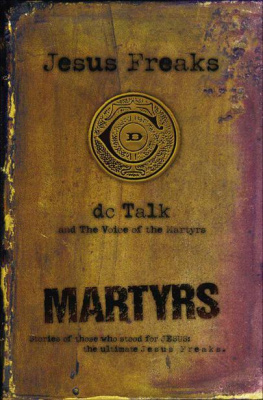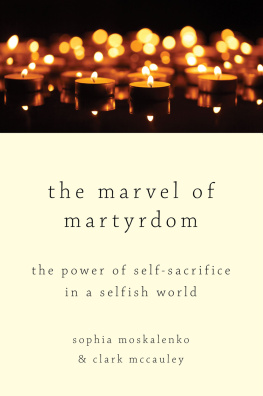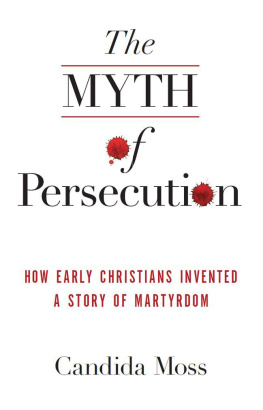Faithful Witness
Phil Baker
Published by Barker Books, 2021.
While every precaution has been taken in the preparation of this book, the publisher assumes no responsibility for errors or omissions, or for damages resulting from the use of the information contained herein.
FAITHFUL WITNESS
First edition. October 26, 2021.
Copyright 2021 Phil Baker.
Written by Phil Baker.
10 9 8 7 6 5 4 3 2 1
For my wife, Stephanie,
who consistently and lovingly models the self-sacrificial way of the Lamb.
I t is a trustworthy statement: For if we died with Him, we will also live with Him; if we endure, we will also reign with Him; if we deny Him, He also will deny us; if we are faithless, He remains faithful, for He cannot deny Himself.
- 2 Timothy 2:11-13
During the fall of 2020, I had a dream that scared me more than anything Ive ever experienced. Similar to Frodo and Sam at the end of The Lord of the Rings: The Return of the King , I was alone in an apocalyptic setting. Suddenly, a gigantic eagle scooped me up in its talons and lifted me higher and higher into the air. Looking back, this was probably a picture of deliverance, but in the moment I couldnt have been more terrified.
Instantly, I realized that I had completely lost all control over my life. No haggling or discussing the situation could change my destiny. Struggling and fighting were futile endeavors. This was it. This was the end, and there was nothing I could do about it. I shot up in my bed drenched in sweat and shaking like a leaf, but relieved that I was awake and alive.
In the past, Ive prayed that God would grant me the ability to die for Him. Id like to believe that if that opportunity presents itself, God would grant me the grace to endure whatever comes. However, that dream proved to be a strong reminder that Im much more afraid of death than I would like to admit, and thus probably not yet possessing the courage and love necessary to remain faithful through that type of fiery trial.
The author of the book of Hebrews speaks to the power that a fear of death wields over humanity in chapter two of his letter. Therefore, since the children share in flesh and blood, He Himself (Jesus) likewise also partook of the same, that through death He might render powerless him who had the power of death, that is, the devil, and might free those who through fear of death were subject to slavery all their lives. [1]
At some level, the fear of death has an enslaving effect on the entire human race. Thats why the stories of Christian martyrs are fascinating to me. Somehow, these men, women, boys and girls over the last 2,000 years have stared death in the face, yet courageously and faithfully overcome.
Though many accounts of early Christian martyrdom will be told, the intent of this book is not to simply give the accounts these martyrs stories. Incredible works like Foxes Book of Martyrs, Jesus Freaks Volumes One and Two and i am n have already provided that service for us. This book is more about the why than the what .
Why did they choose faithfulness over fear? Why did they choose dying over killing? Why did they choose self-sacrifice over revenge? Why did they have such peace and joy in the midst of unimaginable torture? By AD 313, why had roughly 10% of the Roman Empires population embraced Christianity, when it was both illegal and incredibly dangerous to do so? [2] Why did they view the absolute loss of control that occurs at death as a moment a follower of Jesus should celebrate?
Faithful Witness is a book about the theology of martyrdom that developed over the first 300 years of Christianity, and why that theology proved so powerful in the early years of our faith. As you read the pages ahead, I pray the Holy Spirit will both challenge and inspire you to adopt the early Christians mindset, which is the same mindset as that of our Lord Jesus Christ.
Chapter 1. Jesus Christ: The Faithful Witness
J esus Christ, the faithful witness, the firstborn of the dead, and the ruler of the kings of the earth. To Him who loves us and released us from our sins by His blood.
- Revelation 1:5
As we dig into the theology of martyrdom in the early Church, I feel its important that we first define our terms. These are my definitions for the three ideas which are driving this book:
Theology: The study of God. [3]
Martyr: One who gives his or her life to bear witness to the truth of the gospel in a manner consistent with the gospel. [4]
Early Church: Followers of Jesus during roughly the first 300 years of Christendom. [5]
If we are to wrap our heads around the early Churchs theology of martyrdom, we must first discover how Scripture either foreshadows or flat-out declares that the Lord God is the ultimate martyr. What I hope to demonstrate in this chapter is that from Genesis to Revelation, the Scriptures depict Jesus Christ our God as the ultimate Faithful Witness.
In Genesis 3, God has already created Adam and Eve as His image bearers, and set them in the Garden of Eden to steward His creation. Also, as His image bearers, they are created with free will, and are given an opportunity to display their love for and dependence upon God by choosing to obey the one commandment He has given them in Genesis 2:16-17, From any tree of the garden you may eat freely; but from the tree of the knowledge of good and evil you shall not eat, for in the day that you eat from it you will surely die.
We then see the serpent confront Eve and question Gods character in chapter 3:1-7:
Now the serpent was more crafty than any beast of the field which the Lord God had made. And he said to the woman, Indeed, has God said, You shall not eat from any tree of the garden? The woman said to the serpent, From the fruit of the trees of the garden we may eat; but from the fruit of the tree which is in the middle of the garden, God has said, You shall not eat from it or touch it, or you will die. The serpent said to the woman, You surely will not die! For God knows that in the day you eat from it your eyes will be opened, and you will be like God, knowing good and evil. When the woman saw that the tree was good for food, and that it was a delight to the eyes, and that the tree was desirable to make one wise, she took from its fruit and ate; and she gave also to her husband with her, and he ate. Then the eyes of both of them were opened, and they knew that they were naked; and they sewed fig leaves together and made themselves loin coverings.
In effect, Adam and Eve were tempted to rid themselves of their need for God by rebelling against Him. We immediately see negative effects of their prideful fall in their sudden awareness of shame, and their feeble attempt at covering themselves. Leaves broken from their life source may appear unharmed for a while, but its only a matter of time before they crumble to dust.

